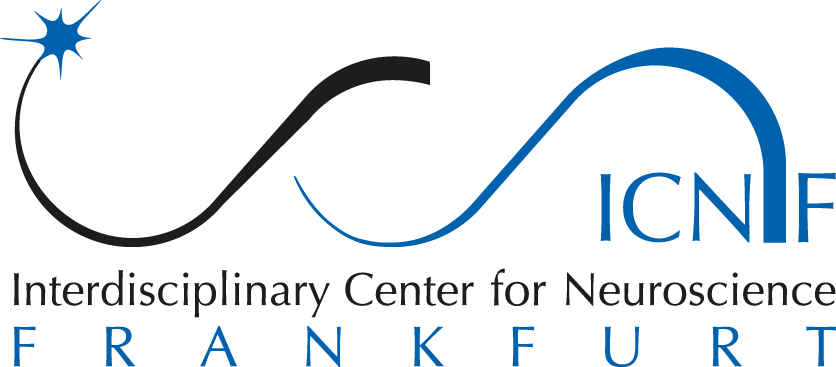Transcranial Magnetic Stimulation: Brain function activation – modulation – therapy
Prof. Dr. Ulf Ziemann, Clinic for Neurology
Transcranial magnetic stimulation (TMS) permits painless, non-invasive stimulation of the human brain. Since the method was introduced in 1985, TMS has developed at an almost revolutionary pace. Today one can hardly imagine routine clinical neurophysiological diagnoses of disturbances in central motoric conduction and stimulation without TMS. In addition, TMS has become extremely important as a tool in experimental brain research. By inducing short-lived functional disturbances (so-called virtual lesions) one can assess the functional relevance of the stimulated brain region. Combining TMS with other neurophysiological methods such as EEG and functional imaging has increased its range of possible applications even further over the last few years. Another important field lies in the possibility of neuromodulation through inducing changes in sensitivity (plasticity) in stimulated brain tissue and the potential to link these to therapeutic applications for patients with neuroplastic and psychiatric diseases. The talk “Transcranial Magnetic Stimulation: Brain function activation – modulation – therapy” gave an overview with examples of all these application areas of TMS.
